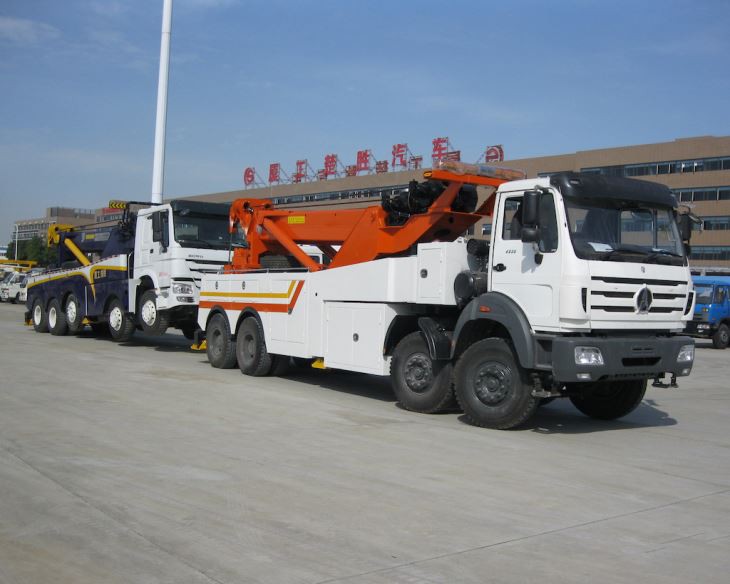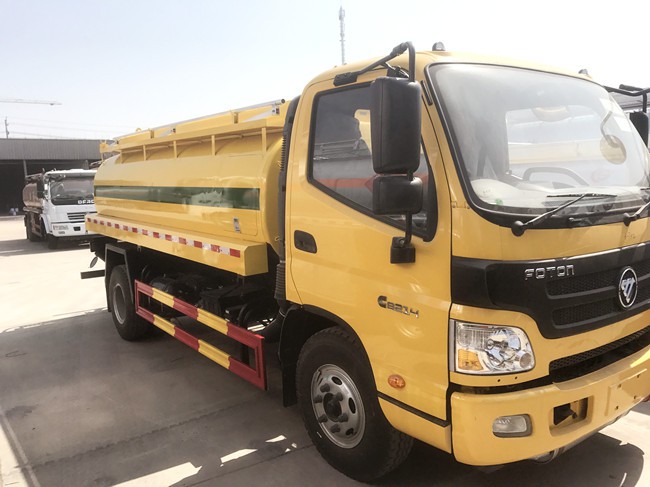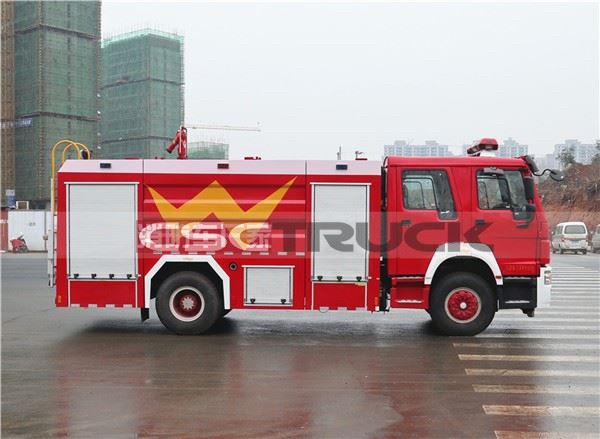Septic tanks are essential for the proper waste management system in many rural and suburban areas. However, have you ever wondered about the journey of the waste once it’s pumped from your septic tank? This article explores where septic trucks dump, the processes involved, and other essential information regarding septic systems.
Understanding Septic Systems
Before diving into where septic trucks dump, it’s vital to understand how septic systems operate. A septic system is designed to treat wastewater from homes or businesses that are not connected to a public sewer system.
Components of a Septic System
- Septic Tank: A large underground tank that separates solids from liquids.
- Drain Field: An area where treated wastewater filters into the soil.
- Pipes: Manage the flow of wastewater from the home to the septic tank and from the tank to the drain field.
How Septic Tanks Function
Wastewater flows into the septic tank, where bacteria break down solids. The liquid effluent then moves into the drain field for further treatment through soil filtration.
What Happens When Your Septic Tank is Full?
After years of use, septic tanks fill up with sludge. To avoid backups and malfunctions, regular pumping is necessary. But what happens next?
The Pumping Process
A septic truck, often referred to as a vacuum truck, is sent to remove waste from the septic tank during this process. The truck uses suction to extract the sludge and liquid effluent.
Where Do Septic Trucks Dump Waste?
Once the waste is extracted, it needs to be transported to a designated dumping location. Here’s where septic trucks typically dump their loads.
Wastewater Treatment Plants
The primary destination for septic truck waste is usually a municipal or private wastewater treatment facility. At these plants, the waste undergoes a series of treatment processes to make it safe for discharge into the environment.
Processes at Wastewater Treatment Plants
- Preliminary Treatment: Screening to remove larger solids.
- Primary Treatment: Settling tanks separate solids from liquids.
- Secondary Treatment: Biological processes break down remaining organic matter.
- Tertiary Treatment: Additional filtering and disinfection, often using chlorine or UV light.
Composting Facilities
In some areas, waste from septic trucks is transported to composting facilities. Here, waste can be turned into compost through aerobic digestion.
Benefits of Composting Waste
- Reduces landfill waste.
- Produces valuable compost for farming and gardening.
Land Application Sites
In specific jurisdictions, waste can be disposed of via land application, where wastewater is spread over designated agricultural land. This process can enrich the soil if done correctly.
Regulations and Guidelines
Land application must adhere to strict regulations to protect public health and the environment. These regulations may include:
- Distance from water sources.
- Monitoring soil conditions.
- Seasonal restrictions.
How to Choose a Reliable Septic Service
Selecting a septic service provider is crucial for ensuring proper waste disposal. Here are some tips to choose the right company.
Check for Certifications and Licenses
Make sure the company is licensed and the operators are certified to handle septic waste, adhering to local regulations.
Read Reviews and Ask for Recommendations
Look for customer reviews and ask friends or neighbors for recommendations to find a reputable service provider.
Evaluate Pricing and Services
Get quotes from multiple companies and compare their services, ensuring you’re receiving a fair rate for the work done.
Environmental Considerations
Improper disposal of septic waste can have severe environmental impacts, including water contamination and damage to ecosystems.
Preventing Contamination
Proper regulations and care during the disposal process can help prevent contamination of soil and water supplies.
Community Education Programs
Many local governments and environmental agencies offer education programs regarding the responsible use of septic systems. Engaging in these programs can help the community manage waste effectively.
Common Myths About Septic Waste Management
- Myth: All waste can be dumped anywhere.
- Myth: Septic tanks never need to be pumped.
- Myth: Chemical treatments are effective long-term solutions for septic problems.
FAQ Section
Where do septic trucks dump waste?
Septic trucks primarily dump waste at municipal wastewater treatment plants, composting facilities, or designated land application sites.
How often should a septic tank be pumped?
Septic tanks should generally be pumped every three to five years, but this can vary based on household size, usage, and tank size.
Can I dispose of regular trash in my septic tank?
No, only human waste and toilet paper should be disposed of in septic tanks. Other waste can lead to clogs and system failure.
What should I do if my septic tank is full?
If you suspect your septic tank is full, contact a professional septic service to schedule a pumping and inspection.
Are there biodegradable options for septic systems?
Yes, there are biodegradable and septic-safe products that can help maintain your system’s health while being environmentally friendly.
What happens if septic waste is improperly disposed of?
Improper disposal can lead to environmental contamination, water supply issues, and health hazards, making adherence to regulations critical.



